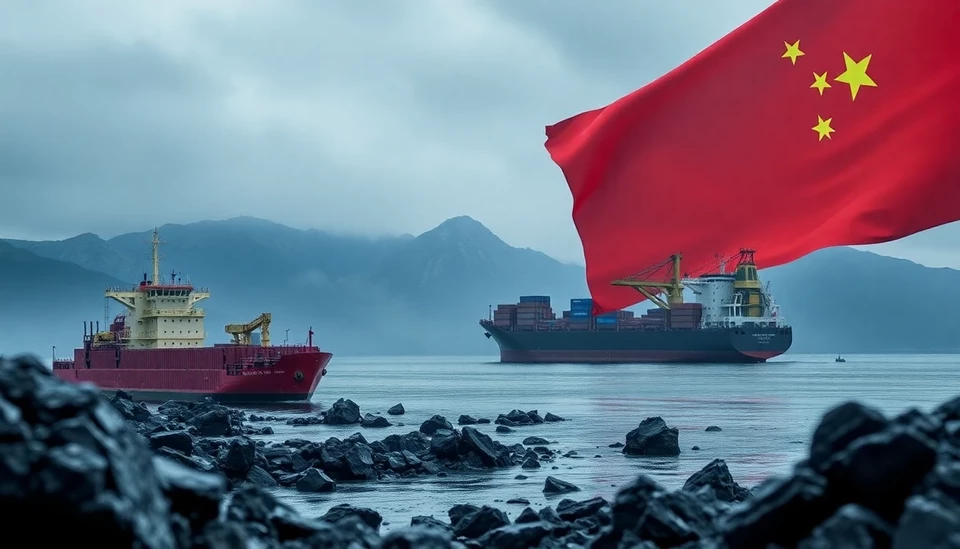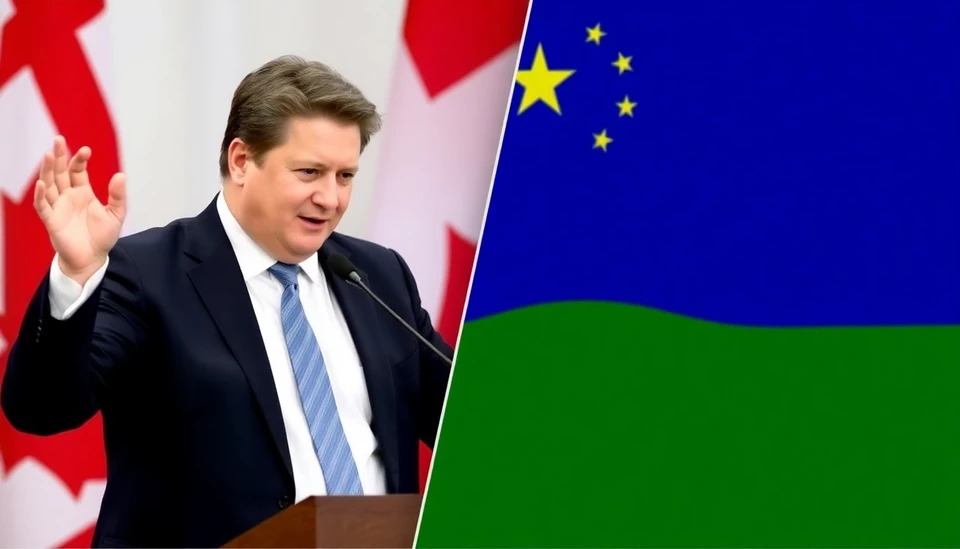
In the evolving landscape of international trade, China appears to be sharpening its tactics amid rising tensions with the United States and its allies. According to recent analyses, Beijing is adopting what are referred to as "asymmetrical tools" to respond to perceived threats and challenges in the global marketplace. These measures, some experts warn, could escalate into a broader trade conflict that carries substantial risks for economies around the world.
The foundation for this new approach lies in China's increasing emphasis on the use of non-traditional trade barriers, such as sanctions and export controls, that effectively strike back against Western nations without engaging in direct confrontation. This strategic pivot suggests a willingness to embrace more aggressive economic strategies to safeguard its interests, which can inadvertently create broader repercussions for global supply chains and market stability.
Analysts argue that as China faces ongoing pressure from tariffs imposed by the U.S. and its allies, it is likely to explore ways to leverage its considerable influence in key commodities and technologies. For instance, recent discussions have pointed to the potential for China to restrict exports of critical materials used in high-tech industries, which could severely impact Western manufacturers reliant on these supply chains.
This shift is not only a defensive measure but a proactive strategy that could redefine how countries interact economically. With Beijing positioned as a linchpin in global supply chains, its ability to wield economic tools strategically raises concerns about vulnerability among nations that depend heavily on Chinese goods.
The risk of escalation into a more profound trade war echoes fears from previous tensions, where the fallout was felt well beyond the borders of the primary countries involved. Industries ranging from technology to agriculture could face significant disruptions if China follows through with these asymmetric tactics, further complicating the path to a resolution.
Moreover, as the global economy continues to recover from the impacts of the pandemic, these developments could lead to increased inflationary pressures, affecting consumers worldwide. Some experts suggest that countries and businesses must prepare for shifts in trade dynamics and consider strategies to mitigate potential fallout from China's actions.
In conclusion, as China wields its newfound trade tools with increasing confidence, the global community must remain vigilant. The unfolding scenario presents both opportunities and challenges for nations navigating this complex economic environment, where the balance of power is in constant flux.
As changes progress, keeping an eye on China's next moves will be critical for understanding how these asymmetrical tools will reshape the landscape of international trade.
#ChinaTradeWar #GlobalEconomy #TradeTensions #AsymmetricalTools #EconomicStrategy #SupplyChain #InternationalRelations #ExportControls
Author: Laura Mitchell


